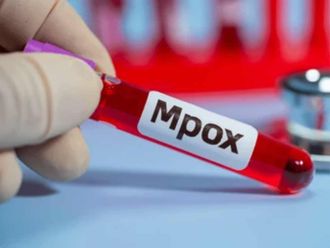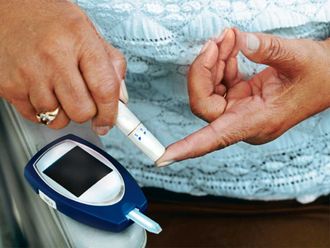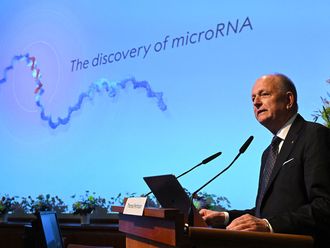With its blunt warning that antibiotics in meat "pose a serious threat to public health", the US Food and Drug Administration (FDA) has acknowledged what many scientists have been saying for a long time.
For years, evidence has been mounting that extensive use of antibiotics in livestock, particularly to promote growth or prevent the spread of disease in crowded pens, has resulted in the development of drug-resistant bacteria.
The issue is not that the meat itself is infected or that consumers are ingesting antibiotics with their protein but that the overuse of antibiotics is diminishing the efficacy of crucial medications needed for human use. Estimates are that 70,000 Americans each year die from infections that once could be treated with common medications. The European Union has banned the use of antibiotics in livestock except to treat illness but similar efforts in the US have stalled.
So recently, when the FDA issued a "draft guidance" urging meat producers to employ antibiotics judiciously, asking them to voluntarily limit their use to instances of "medical necessity" or to administer them with the oversight of a veterinarian, it was a step forward. Sort of.
However, the draft has no teeth and proposes no regulations that might become law. What's more, it doesn't discourage the prophylactic use of antibiotics in livestock to prevent disease, which is a big part of the problem. It should have allowed the use of antibiotics only to treat animals that are sick.
It is difficult to tell where all the stakeholders stand. The American Veterinary Medical Association welcomed the FDA's action and vowed to work with the agency. The National Cattlemen's Beef Association issued a statement asserting that the causes behind drug-resistant infections are complex and solutions should also take into account human misuse of antibiotics.
It's harmful to public health to use antibiotics preventively or to promote growth. No longer is the question whether antibiotics in meat farming should be curtailed but how best to go about doing it.












